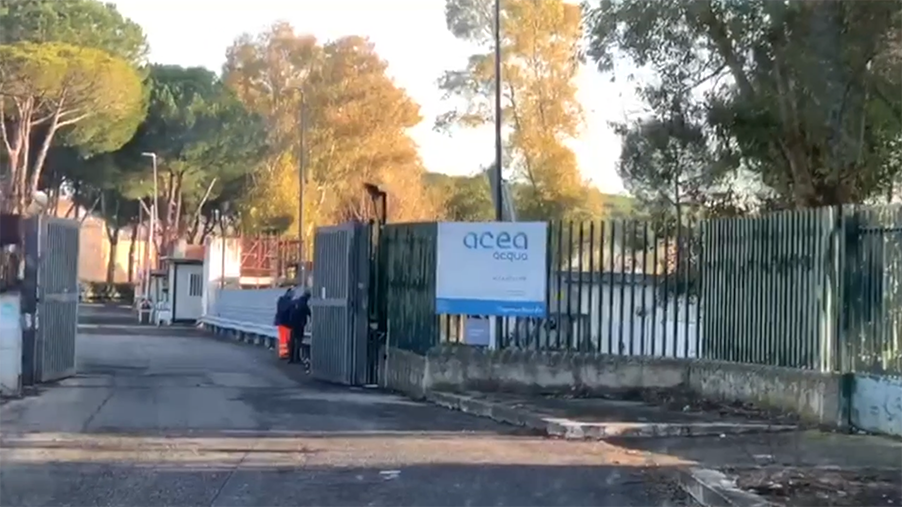
Improve the biological efficiency of the mud with SewaTOR
The SewaTOR technology also lands in the treatment plants to break up the sludge and increase the efficiency of biological processes and optimize disposal costs .
On February 12, our technicians of the mobile unit performed a test at the wastewater treatment plant in East Rome owned by Acea, the multiservice company active in the management and development of networks and services in the water, energy and environment sectors.
Acea managers were looking for a treatment technology to increase the breakdown of organic particles, improve homogenization and reduce the viscosity of the mud to optimize the hydraulic management and the yield of the anaerobic digestion line and to maximize the efficiency of the process. dehydration and reducing the volume of sludge to be disposed of, for this reason they turned to SewaTOR .
The test was performed on 3 mud samples taken from different points of the plant line: 1. Sludge recirculated by the digester; 2. Sludge after thickener entering digesters; 3. Separated sludge after spinning. In the first 2 cases, the mud had a dry matter content of about 3.5%, while in the last case the mud had a dry matter concentration of about 25% and was presented in a palatable form.
Acea technicians were amazed by the results brought by cavitation on both 3 mud samples and by the important benefits they can draw to increase the efficiency of the plant. Acea technicians were amazed by the results brought by cavitation on both 3 mud samples and the important benefits they can draw to increase the efficiency of the system.
For the recirculated mud and the mud coming from the thickener, SewaTOR will allow you to:
- Disrupt all the organic particles contained in the mud to improve the yield of the anaerobic digestion line and maximize the efficiency of the dehydration process.
- reduce the viscosity of the sludge in digesters by more than 50% to improve their hydraulic management and reduce the energy consumption of mixers and recirculation / pumping systems;
- transfer heat directly into the mud and bring it instantly to temperature, optimizing the energy savings of the heat exchangers.
For centrifuged sludge, SewaTOR allows to transform it from palabile to pumpable, maintaining the same dry matter content, and to recirculate it again at the top of the treatment process, obtaining the same advantages described previously and completely eliminating the mud biology to obtain a lower quantity of sludge to be disposed of at the end of the cycle, optimizing disposal costs.
Once again SewaTOR proves to be effective also to make wastewater treatment plants more efficient.